Who can see your post?
Your post will show up in News Feed, on your profile and in search results.973,162 Global Muir Family Members
| Days | Hours | Minutes | Seconds |

Sunday 20th April
2pm (New York), 7pm (Ire)
| Days | Hours | Minutes | Seconds |

Sunday 20th April
2pm (New York), 7pm (Ire)
Our in-person family gatherings
Our TEDx talk about family gatherings
Muir Family History
Ó Mórdha - anglicised Moore, earlier O' More, More etc, meaning -stately/majestic
De Móra - according to Woulfe from Anglo-Norman De La More (the name is recorded early in England, as in Richard de la More, bishop of Winchester 1280-2), meaning - at the moor/heath, a locative name; see below, British origin 1.
Ó Mothair - anglicised Moher and Moore, meaning descendant of Mothar (Woulfe in 'Sloinnte Gaedheal is Gall' 1923, says this name means - dark (see possible cognate British origin 2 below).
To these must be added two Scottish names, given the high numbers in the north of Ireland (see below British/Scottish origin 1 and Scottish Gaelic origin 3, respectively. See also Griffith's mid 19th century records below). These are:
Muir - lowland Scots for 'moor', and thus a locative name
Moir - Scots Gaelic 'mor' for 'tall/big', an epithet or descriptive name, or possibly an orthographic variant of Muir.
O Mordha (anglicised Moore) was the name of the chief sept of Laois. The ruins of their fortress at Dunmasse in that county can still be seen. Famous resisters of Norman, then English colonisation, they led the struggles of the native Irish, particularly through the terrible years of the16th and early17th centuries.
For their heroic resistance, the leading families alone were transplanted to Co Kerry.
De Móra, which is a Gaelicisation of a Norman or Old Engish family name, was established in medieval times in Munster and Connacht. It's later anglicisation as Moore makes it difficult to distinguish from the Gaelic Moores.
The Ó Mothair sept were an old Cork family, which, Woulfe says, has become very rare. However, this may be because it has been absorbed by the anglicised form Moore, which is taken in Ireland to most often represent the numerous and powerful Ó Mordha sept of the Irish midlands (see above). Expropriations and depredations of the latter meant that this most rebellious native sept were reduced in status and scattered wide (recorded in the Fiants for the late 16th and early 17th centuries).
See Irish Families,1980, More Irish Families, 1985 by Dr Edward MacLysaght, published by the Irish Academic Press, for further coverage of all the Irish Moores.
Turning to the records, in Petty's 1659 'Census' the name Mahur is given as a Principal Irish Name in Clonlisk Barony, Offaly, and registered with 26 families. Whilst in Laois in Maryborough Barony and Cullenagh Barony Moore is represented as a Principal Irish Name with 11 families apiece. Ditto in Sliemargheagh Barony, Moore appears again, and again in Ballyadams Barony with 9 families. Moore appears as a P.I.N. again in Portnyhinch Barony. All these are in Co Laois, homeland of the Ó Mordha sept.
By the mid 19th century Griffith's 'Primary Valuation' of property, shows that the counties where most Moore households occurred were: Antrim (534) Down (404) Laois (290) Tyrone (237) Dublin (233) Derry (199)
Richard Matheson, Ireland's Registrar General at the time, lists the following variants in Ireland, based on a study of the birth registers (1890-94): Moir and Muir in Belfast; Morey in Co Cork; Moreen in Youghal, Co Cork (see Varieties and Synonyms of Surnames and Christian Names in Ireland , R.E. Matheson, Dublin 1901).
In his Special Report on Surnames in Ireland, Dublin, 1909, Matheson cites the following counties where the name Moore was most numerous: Antrim, Dublin, Derry, Cork, Kildare and Tyrone.
As a Surname of British Origin.
The surname also has British origins. 1) The usual derivation is topographic, i.e. from the 'moor', from which several place names in England have derived; the same derivation occurs in Scotland, although there the surname, like the topograhic, is more frequently spelled Muir. 2) It may be an epithet type name from 'Moor' as in a North African person, and most likely signifying anyone of a 'dark, swarthy' complexion; it was used as a personal name by the Normans. Yet two other origins of the surname may be from 3) Scottish Gaelic 'mor' and 4) Welsh 'mawr' both meaning 'big', 'great' (see Dictionary of Surnames, Patrick Hanks & Flavia Hodges, Oxford, 1988; Oxford Dictionary of Family Names in Britain and Ireland, Hanks, Coates, McClure, 2016).
Two famous Moores:
Rory O' More was the indefatigable opponent of Queen Mary and Queen Elizabeth in the 16th century, and defeated the English invaders on several occasions.
Alfred Moore (1755-1810) a hero of the American Revolutionary War, and a descendant of Roger Moore, a hero of the Irish Rebellion of 1641.
P.C.
Select Audience
-
Public
Anyone on or off Wales101 -
Friends
Your friends on Wales101 -
Specific
Only show to some friends -
Only me
Only you can see your post
Tag People
-
Kane William
-
John Micky
-
John william
-
John Smith
-
John
Create Life Event

Virginia Moore Coppola

Zoë

Jeff C Firestine

Moore

Belford

Conor

Christine Seddon

james bristoll

Moore

Moore

Anthony Barrett

Anthony Barrett

Anthony Barrett

Sabrann An Bheatha

Alvin William Moore

Michael Moore

bmoore1989

joecmoore
Areas of Origin for Muir
Invite more Muir family members!
Write an email address and click 'Invite' to share this page with more members of the Muir tribe.
Log in or Register to invite others
Family Coat of Arms Generator
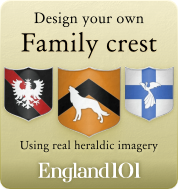
Why not see what your family crest could look like based on your own family characteristics?
Create CrestJoin the Irish Learning Rooms
Show off the Muir Family Crest…
Wear your crest with pride...plenty of products to choose from


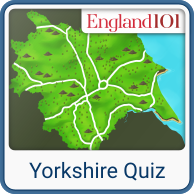
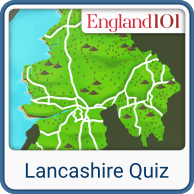

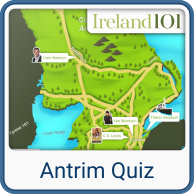
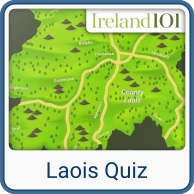
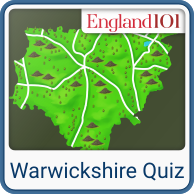
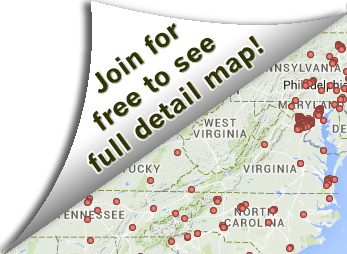
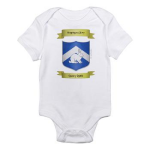
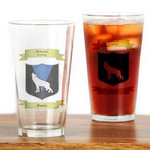
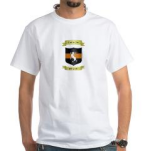
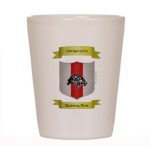
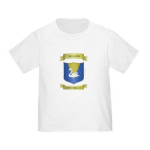
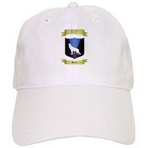
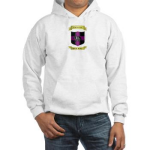
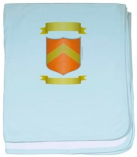
_(2).jpg)